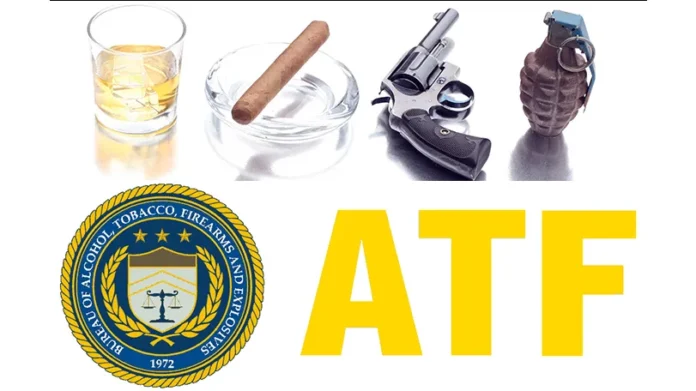U.S. District Judge Paula Xinis signaled on Wednesday that she is unlikely to block federal settlements allowing the Bureau of Alcohol, Tobacco, Firearms and Explosives (ATF) to return “forced reset triggers”—devices classified by some as machine gun components—to private owners and manufacturers.
In a high-profile challenge led by New Jersey and the District of Columbia, 15 Democratic-led states argued the federal government’s settlement agreements undermine state gun laws by allowing the return of devices that simulate automatic fire. The states claimed the move reversed a prior Biden-era determination classifying the triggers as illegal under federal law.
The states sought a preliminary injunction to halt the return of the devices, citing both sovereign injury and anticipated enforcement burdens. However, during the hearing, Judge Xinis expressed skepticism regarding their standing to sue, pointing out a lack of concrete evidence demonstrating actual or imminent harm.
“Right now, I think that your standing position is weak,” said Judge Xinis. “You haven’t quite done enough to show a real, particular, concrete injury.”
The ATF had seized approximately 11,800 forced reset triggers. A large portion is slated for return to a manufacturer who has pledged not to distribute them in states where they are banned. The Department of Justice clarified that any owners claiming their devices would be required to retrieve them outside the states in which they are prohibited.
Despite the states amending their complaint to focus only on third-party returns that could circumvent local laws, Judge Xinis noted a lack of quantitative evidence tying the settlements to actual violations. “It seems quite speculative to say any particular law enforcement agency will be spending great resources to enforce its law if only two [forced reset triggers] were coming into the state versus 2 million,” she remarked.
DOJ attorney John Bailey argued against state intervention, warning that allowing states to challenge settlements based on potential third-party misconduct could severely impact future federal negotiation processes.
“If states can upend federal settlements based on attenuated harms, it will set a precedent that destabilizes administrative agreements for years to come,” Bailey stated.
The case, State of New Jersey et al. v. Bondi et al., is being heard in the U.S. District Court for the District of Maryland (Case No. 1:25-cv-01807).



